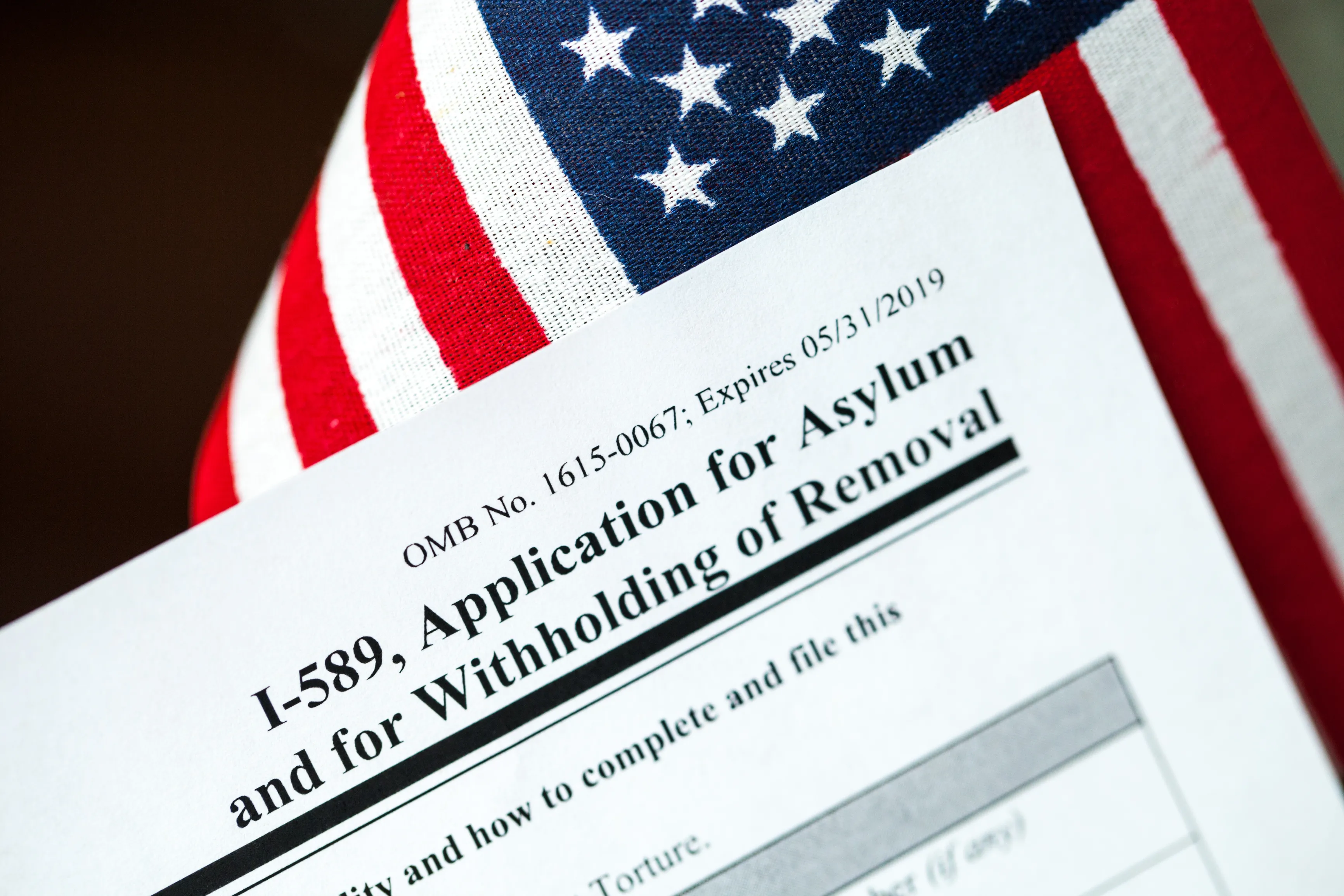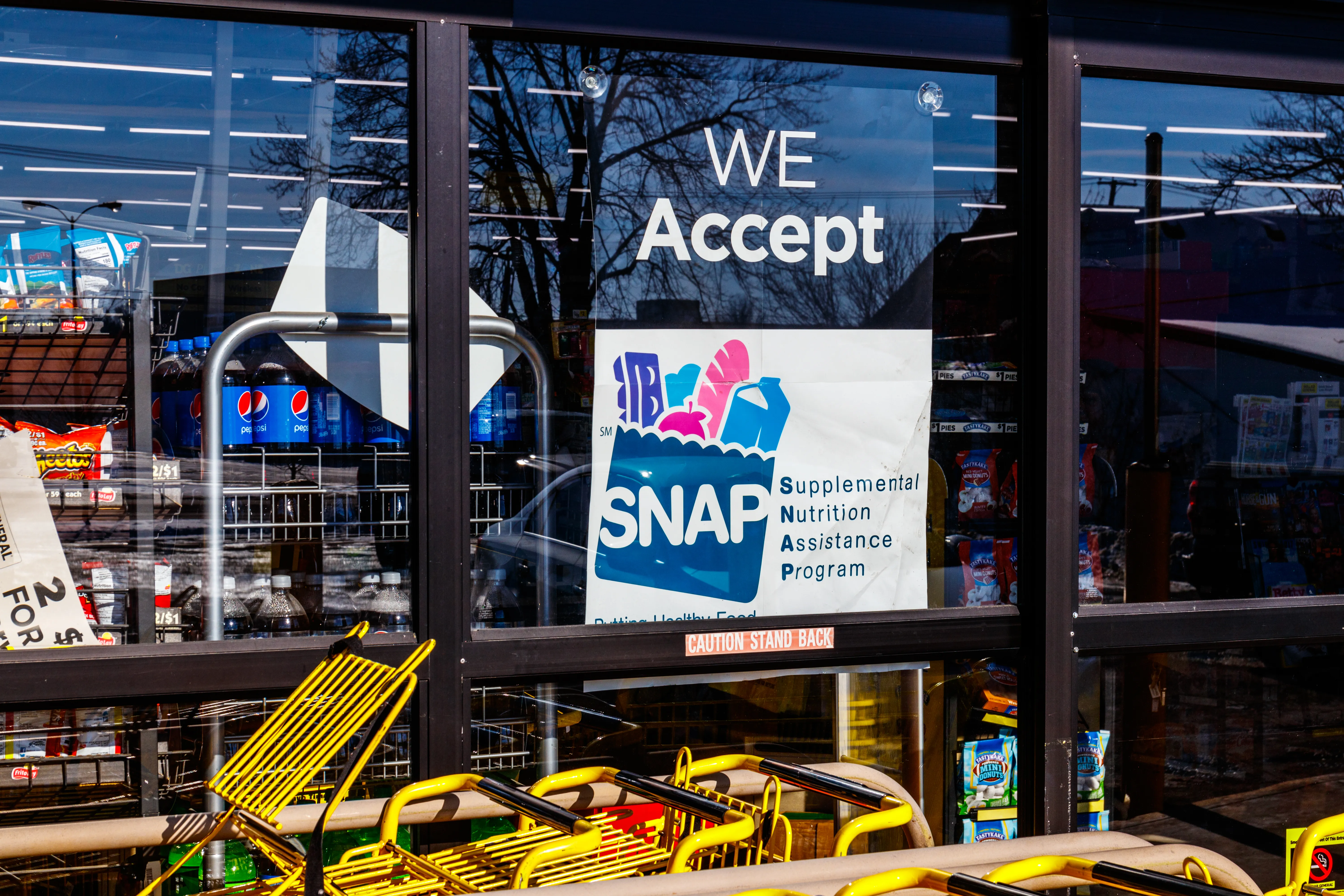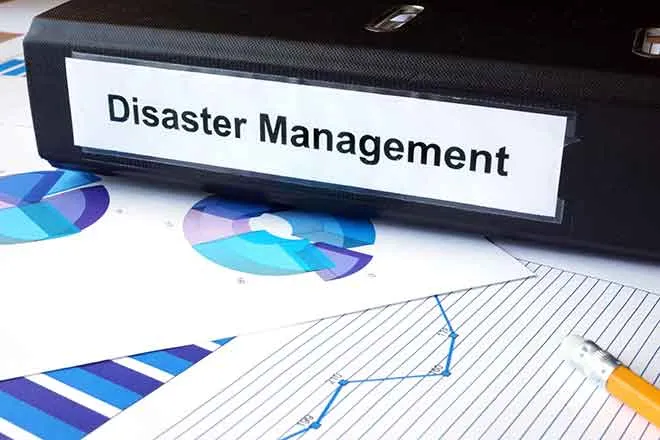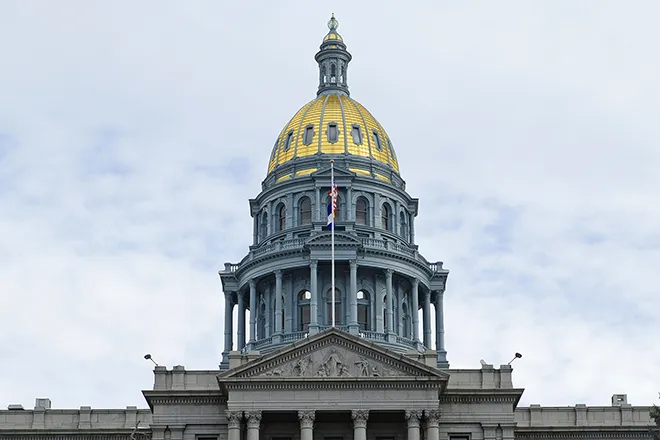
Georgia governor proposes $500M for state’s water supply
© mheim3011 - iStock-544332118
Click play to listen to this article.
In this year's state budget, Governor Brian Kemp is proposing a $500 million investment to tackle a critical issue for Savannah and surrounding areas - the water supply. The governor's budget includes a plan for a new Coastal Georgia Regional Water Supply Partnership. It would bring together the City of Savannah, Effingham County and Bryan County to address the growing demand for water.
At a Tuesday news conference, Savannah Mayor Van Johnson explained it couldn't come at a better time - as future forecasts show big investments are needed to continue to provide water to residents.

© artzenter - iStock-509493427
"There's demand now also in Bryan County that's grown exponentially. And so for us, we've been talking about water for well over 20 years," he said. "The Georgia EPD had decreased groundwater withdrawal levels due to environmental limit."
The mayor added that the state's Environmental Protection Division limits increase the demand for surface water, which can be three times more expensive to deliver than groundwater.
Johnson said the funds would help provide 100-million gallons of fresh water every day to the city's current and future utility customers. He added it will also help enhance the water distribution system, upgrade water treatment equipment, and expand capacity at the surface water intake at Abercorn Creek.
"If passed by the state legislature, Savannah will receive $146 million in a mix of grants and zero-interest loans to expand our IND surface water treatment plant," he continued.
The mayor is also asking the Chatham legislative delegation to actively support the proposal, as what he calls a "critical investment for Savannah and the surrounding region's sustainability and growth." The budget proposal is under review in Atlanta as part of the 2025 legislative session.

















